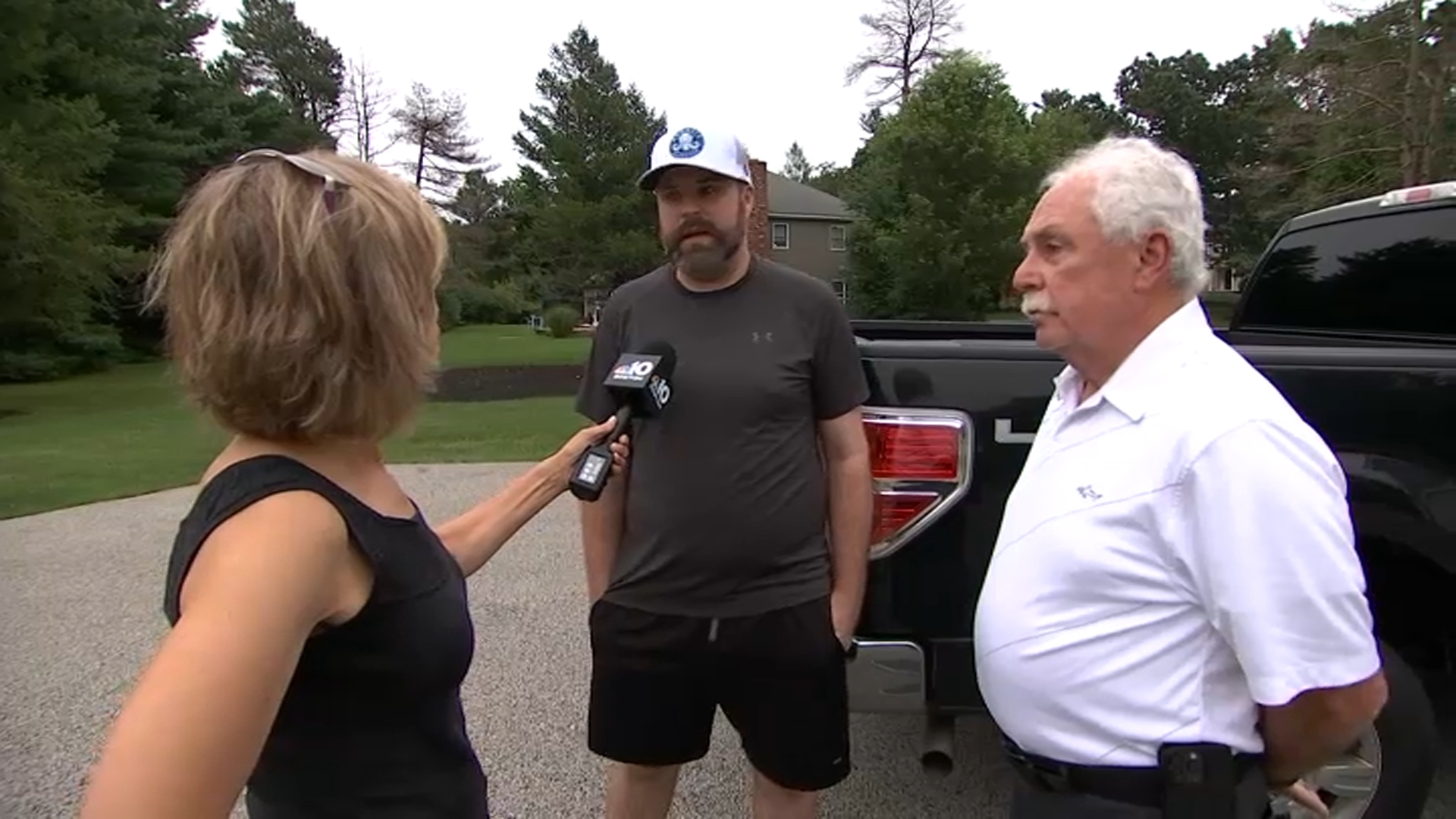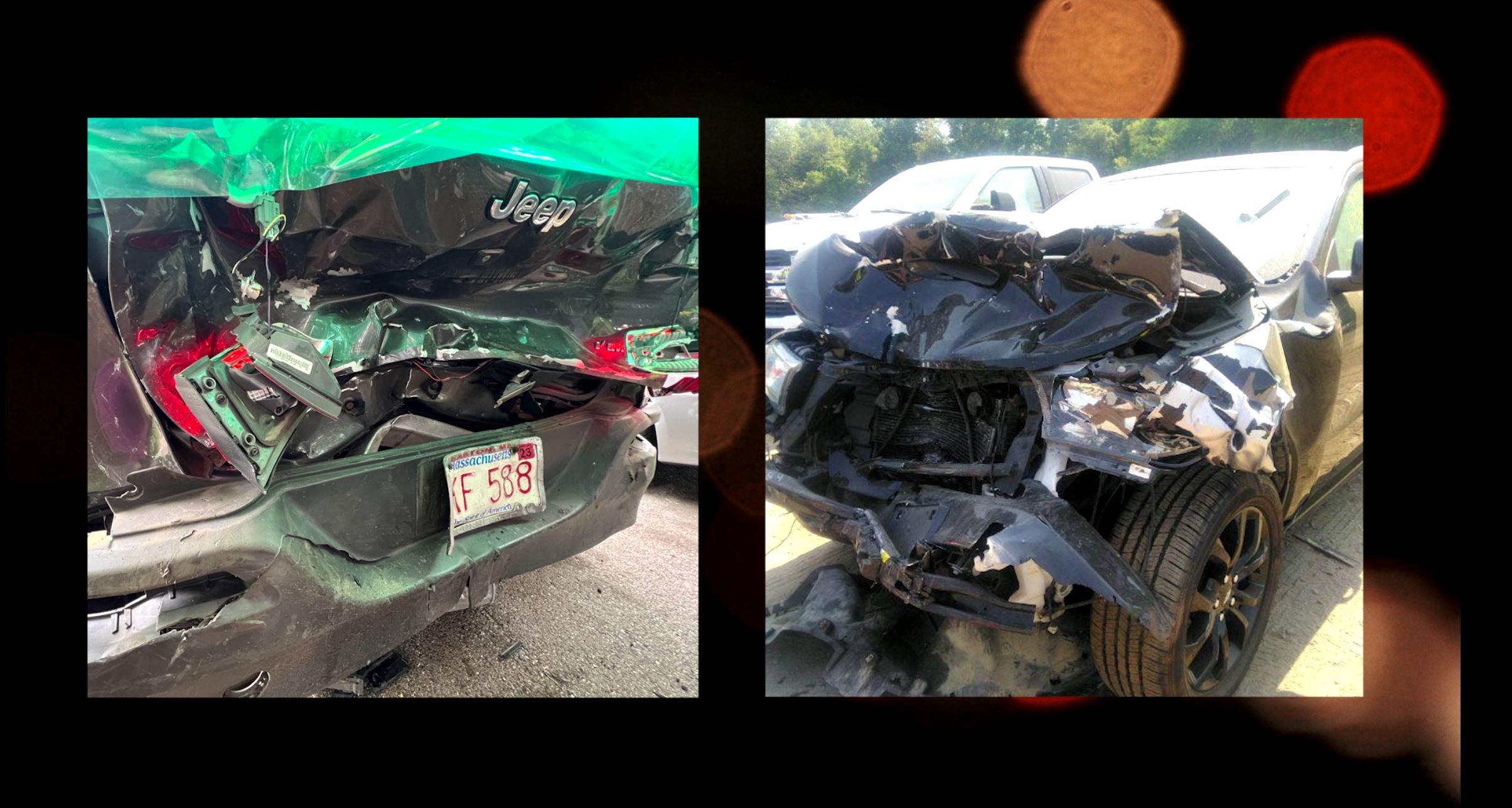Dozens of State Police trainees have dropped out of the Massachusetts State Police Training Academy just weeks into training. It’s a historic rate when law enforcement is already facing challenges with recruitment.
This is happening at a time when state police staffing levels are already low. According to the academy leaders, trainees normally quit if they’re not prepared or if they’re injured but this time they’re seeing something new.
WATCH ANYTIME FOR FREE
>Stream NBC10 Boston news for free, 24/7, wherever you are. |
The NBC10 Investigators were invited inside the academy walls to get a firsthand look at what it takes to become a state trooper and the extremely demanding training involved after we began asking questions about the high attrition rate of this class. We watched as the 89th recruit training troop worked on fitness, drilled down on how to handle their guns and much more.
Department data we obtained showed overall 46% of the men and women who signed up because they wanted to protect and serve have dropped out. Half of the female recruits and 45% of the males resigned.
Get updates on what's happening in Boston to your inbox. Sign up for our >News Headlines newsletter.
Major Jon Provost, the Deputy Division Commander of Training, told us, “One reason that is jumping out for us for the 89th, and it’s a statistically significant number, is that candidates that are resigning and telling us that this profession is just not something they’re interested in doing anymore.”
Most of the trainees dropped out during the first two weeks of the academy which are also some of the most intense and when they’re first exposed to the physical and mental stress involved.
“We call it stress exposure resiliency training, it’s very scientific based, it’s hectic to see, it’s extreme to participate in. We need them functioning and making good decisions while under stress. So, we’re exposing them to that here and we are constantly evaluating how they handle that.”
The top three reasons trainees left the academy were medical or injury, unprepared physically and/or mentally and wrong career choice. One told us the training felt like hazing.
Major Provost took over the leadership here in the wake of an internal investigation involving the use of an unauthorized exercise last year that left twenty trainees injured after being forced to do bear crawls on hot pavement. He said hazing is a phrase they’ve heard.
“The hazing accusation, I would say that’s probably the candidates who have not allowed themselves to experience or to identify what their stress thresholds are,” he said.
Drill Instructor Gina Pedro says it’s loud and there are a lot of orders being given during training. She came into the academy with a military background and graduated two years ago. She told us once you’re wearing the badge it’s clear why the training is so tough.
“You understand why they held you to such uncompromising standards. It was so you're safe once you’re on the road,” said Pedro.
The stress-based style training in policing versus non-stress models have been studied for decades. State Police Academy leaders say they constantly review training. They train 16 hours a day, five days a week for six months. Trainees live on campus during the week with no access to cell phones.
Law enforcement expert Todd McGhee, a former trooper and drill instructor, described the training as old school, in-your-face training where you have to quickly pivot.
“If you know your backup is 20 minutes away sometimes farther if you’re working in central Mass. or out west then absolutely you’ve got to be resilient and you’ve got to be able to think on your feet. It’s very important to be able to have that level of exposure to get you to think and respond in a calm but focused way,” said McGhee.
When asked if he thought the intensity of the training was too harsh, Major Provost responded, “I don’t.”
He added, “We’re not going to be able to remove stress from law enforcement, from policing. We’re not going to be able to remove stress from the world but our function, our public service function has to be delivered professionally, even under high stress circumstances.”
The department will review the training for the 89th recruit training troop just like they do for every class. According to State Police, the normal attrition rate is usually around 25% to 33%. Some of the trainees who left the 89th troop have requested to give it another try in the next class.



